Have you ever watched your cat chase a fly? It can be both amusing and worrying as they try to catch these nimble insects. Yes, it is generally safe for cats to chase flies as long as no poisonous insects are involved and the environment is safe.
In this blog post, you will learn about the safety and risks of cats chasing and eating flies, suitable foods, and how to protect your cat while he follows his hunting instincts.
Safety and risks of cats chasing and eating flies

Cats naturally love to hunt, and catching flies can be an exciting game for them. Their natural instinct drives them to snap at moving objects, and flies are often an easy target. It's important to understand that chasing and eating flies is generally safe for cats, as long as the environment they're in is free of toxic chemicals.
However, there are some risks that can be associated with catching and eating flies. Flies can carry pathogens or be contaminated with pesticides used in agriculture. If a cat eats a large number of such flies, it could potentially lead to health problems. Therefore, it is advisable to monitor the environment in which your cat hunts and make sure it is clean and safe.
Although chasing flies is a natural and often harmless pastime for cats, owners should remain vigilant. Observe your cat's behavior and make sure it is not eating too many flies or showing signs of illness. In such cases, it is advisable to consult a veterinarian to ensure that your cat remains healthy and happy.
Health concerns about eating flies
Eating flies can pose health risks to cats, especially if the flies are contaminated with pathogens or chemicals. For example, flies that land on contaminated surfaces can ingest pesticides, which are then ingested by the cat. This can lead to symptoms such as nausea, vomiting and diarrhea. It is important that you as a cat owner recognize the signs of possible poisoning and act accordingly.
Another health risk associated with eating flies is parasites such as worms, which can be transmitted by eating infected flies. If your cat regularly eats flies, you should have them dewormed regularly and monitor their health closely. If any unusual symptoms occur, it is advisable to see a veterinarian immediately to ensure your cat does not develop any serious health problems.
Suitable food for cats: What is allowed?
Cats are naturally curious hunters who love to explore new flavors. Many foods that humans eat are also suitable for cats, but there are important exceptions. Cooked meats such as chicken or beef are safe and nutritious for cats as long as they are served unseasoned and without bones, which can splinter and cause injury.
In addition to meat, cats can also enjoy certain types of vegetables and fruits . Cooked vegetables such as carrots or pumpkin can be a healthy addition to their diet. When it comes to fruits, it is important to feed small amounts and make sure they do not contain seeds or bones that could be harmful to your cat. Here are some examples:
- Carrots : Steamed or boiled.
- Apples : Without seeds and in small pieces.
- Melons : In small quantities as an occasional snack.
However, there are also foods that cats should avoid. Dairy products are often problematic, as many cats do not tolerate lactose well. Raw pork and certain types of fish should also be avoided to minimize the risk of infections and health problems. Always do your research on which foods are safe for your pet, and if you are unsure, it is best to stick with a diet specifically designed for cats.
Insects in the diet of cats: opportunities and risks
Insects can be an interesting addition to your cat's diet, but not all insects are safe. Some insects are poisonous to cats or can transmit diseases. It is important that you know which insects can be dangerous. For example, cats should not eat cockchafers or June beetles , as these can be poisonous. Hunting wasps or bees can also be dangerous if the cat is stung.
However, there are also harmless insects that cats can eat without risk. Houseflies or small spiders are usually harmless as long as they have not come into contact with insecticides. However, as a cat owner, you should make sure that your pet does not eat too many insects and that the environment in which your cat hunts is free of chemicals. Regular deworming and visits to the vet are recommended to ensure your cat's health.
How Flappie Keeps Your Cat Safe and Prey Away
Flappie has developed a smart cat flap that ensures your cat doesn't bring unwanted prey like mice or birds into your home. This flap uses a camera and AI technology to detect if your cat has something in its mouth.
When the camera detects prey, the flap stays closed and your cat has to stay outside until it releases the prey. This keeps your home clean and safe. Visit https://flappie.ch to learn more about this innovative solution.
Frequently Asked Questions
Is it bad if my cat eats a fly?
No, it is not inherently bad if your cat eats a fly. However, it is important to note that flies can carry pathogens or could be contaminated with pesticides. Make sure the environment your cat hunts in is clean and safe, and monitor your cat's behavior after eating flies.
Why does the cat hunt?
Cats naturally enjoy hunting as their natural instinct drives them to snap at moving objects. Chasing flies can be an exciting and natural game for cats that satisfies their hunting instinct.
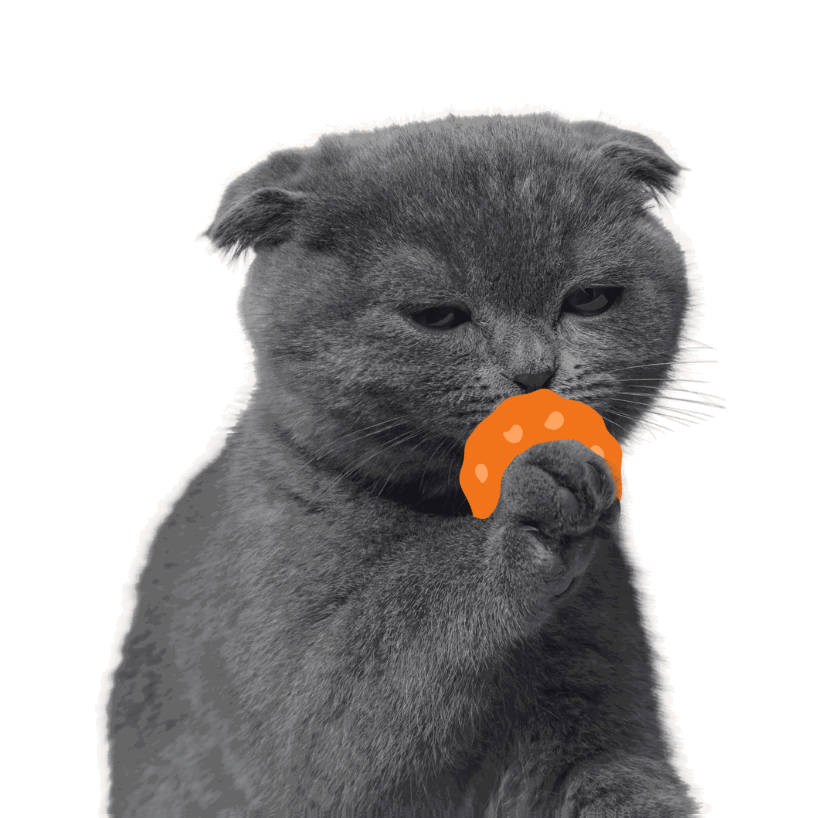
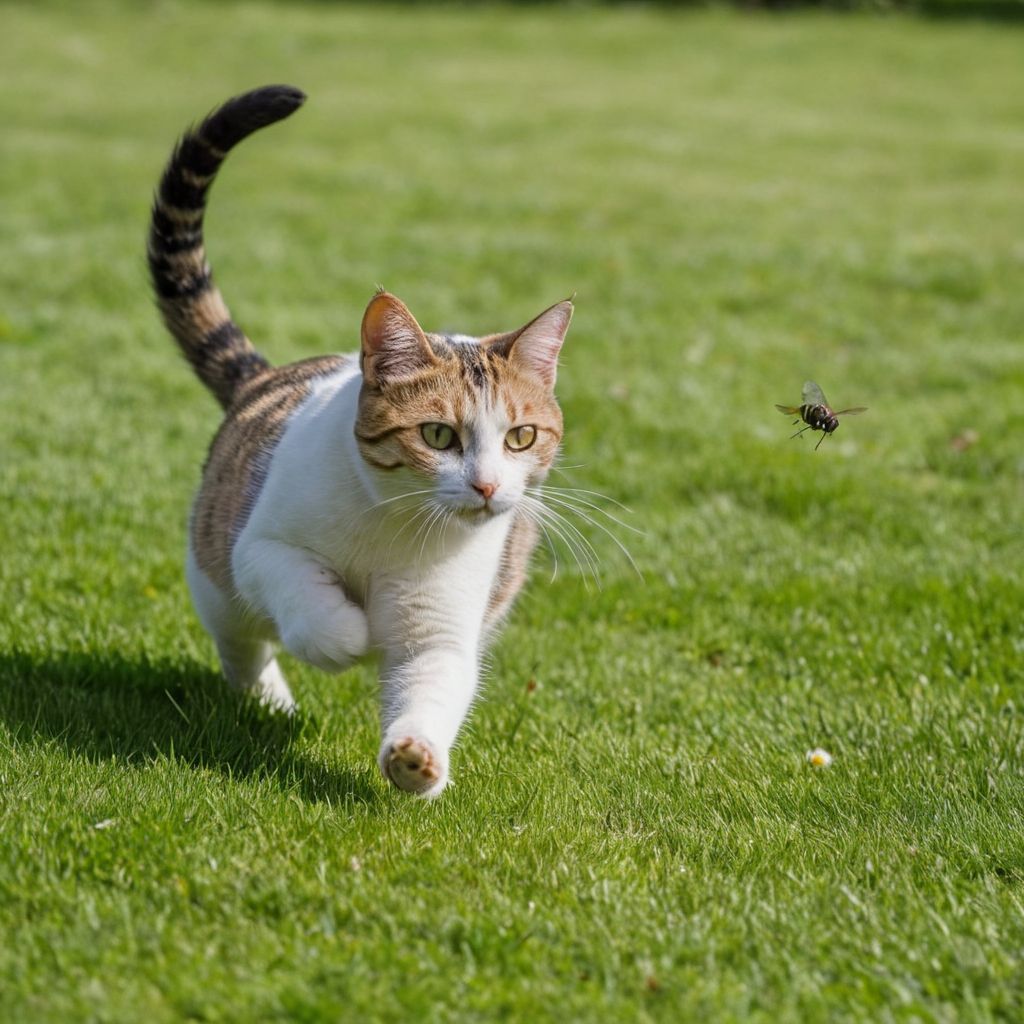
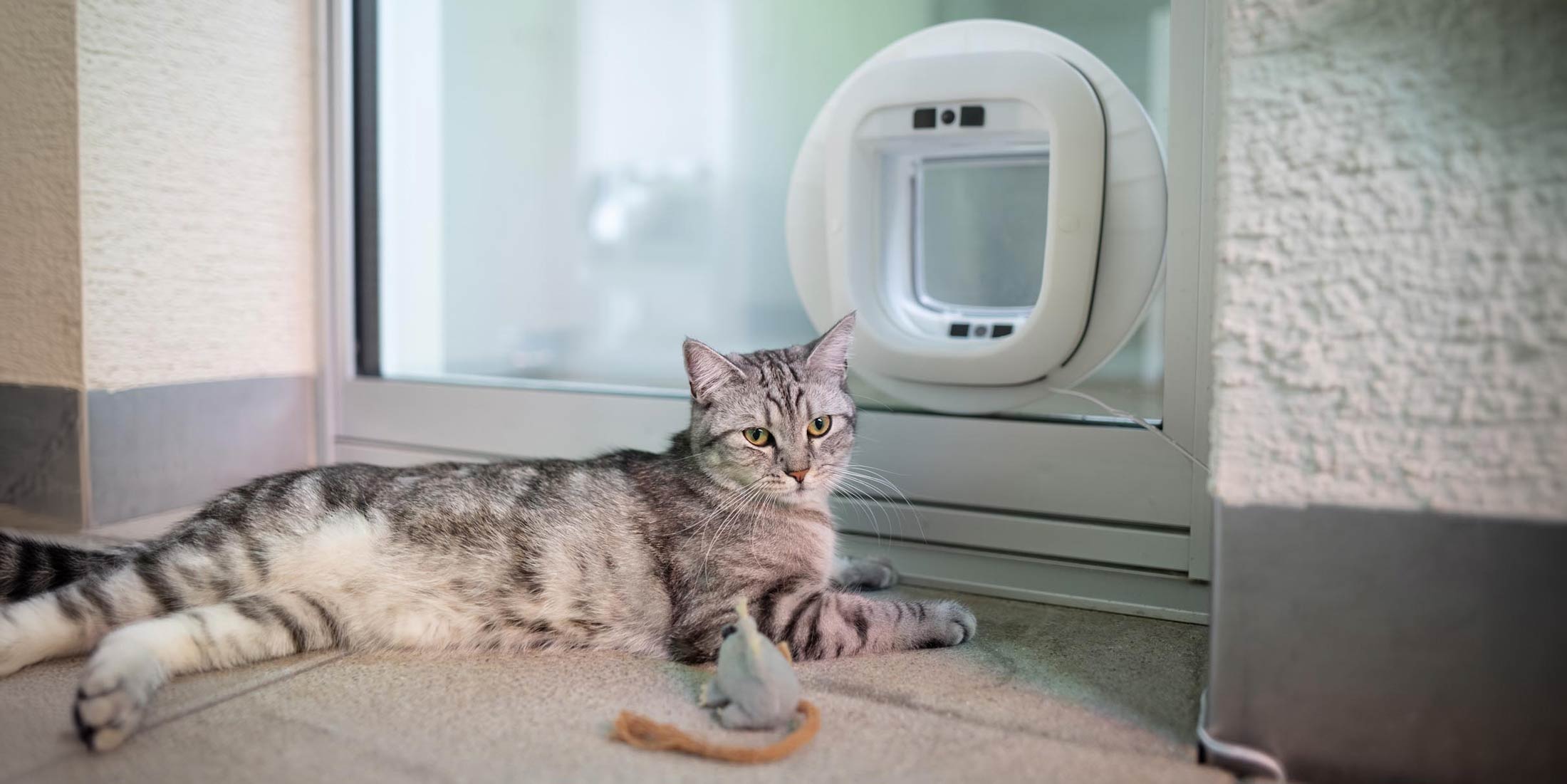
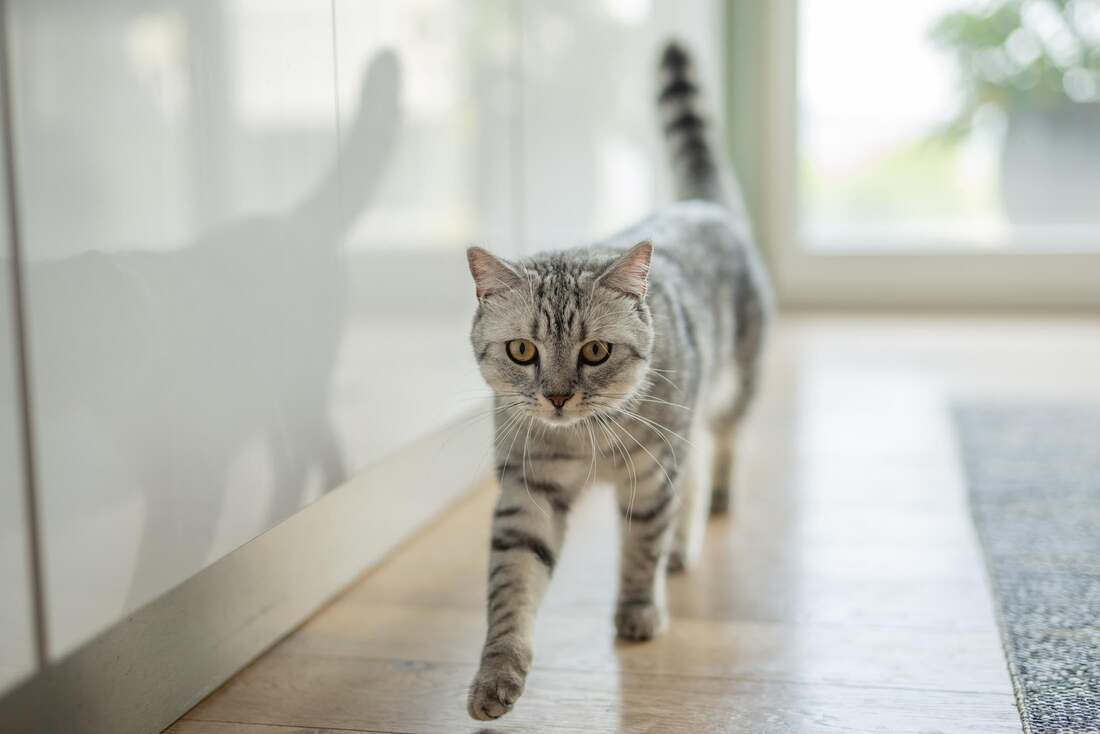
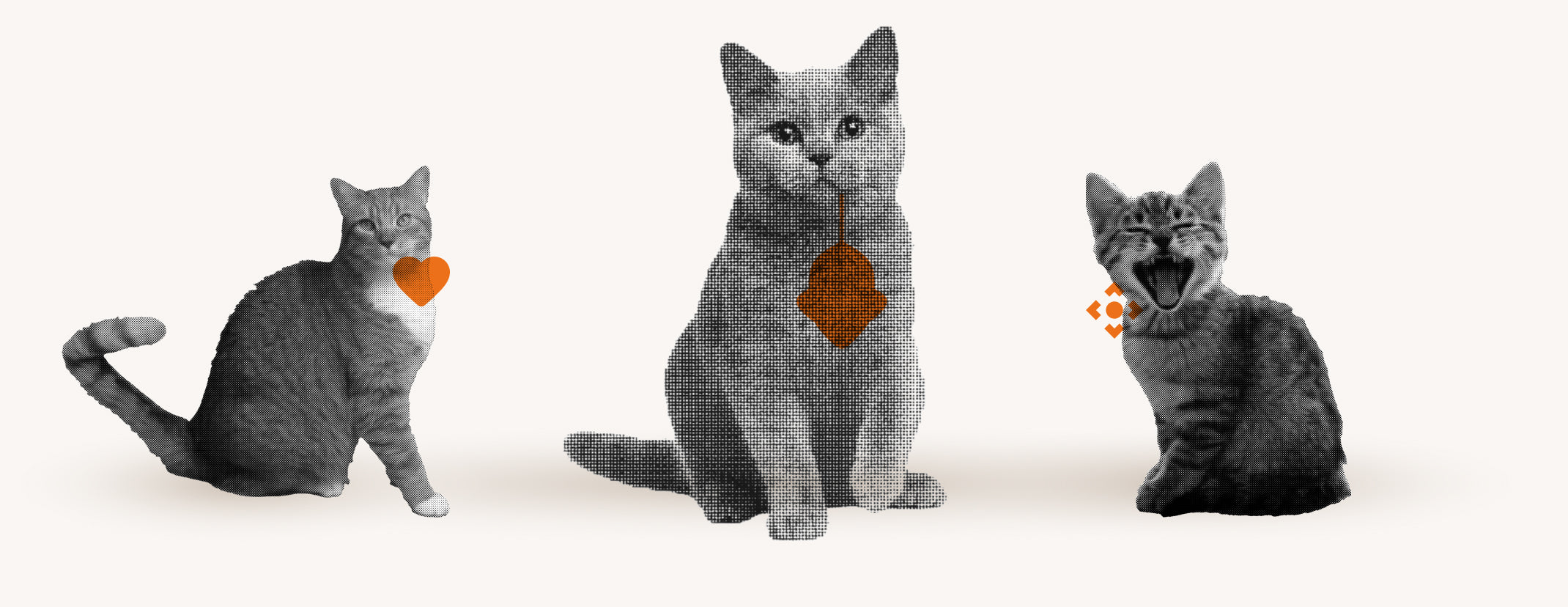
Share:
How do cats kill mice? Insights into their hunting behavior
Do Mice Eat Cat Food? A Comprehensive Guide